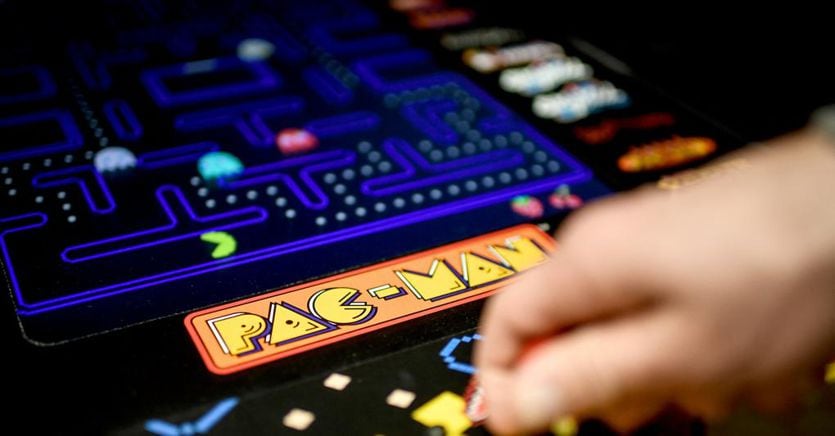Video games are no longer what they used to be. They are more beautiful to look at, without a doubt, more complex to play, more structured, clean and refined, but they have apparently lost the most important feature of all: that revolutionary drive that characterized their genesis, in the early 1980s, and the definitive consecration, at the turn of the new millennium.
We are not regretting the times of the bathtub meetings of Nolan Bushnell, the hippy entrepreneur who founded Atari and who today, at the age of seventy-eight, doesn’t have much to add.
However, we find it unbearable that there is no longer room for all those geniuses who contributed to making this medium an extraordinary creative flywheel, visionaries willing to do anything to realize their increasingly crazy, fun and indispensable ideas in making the video game the Formula One of technology. : the tool with which to experiment ideas and solutions that then, as we have seen, would become public domain in society through a gamification still in progress, and able to make any aspect of our life a video game, from sports training to the achievement of work goals.
Loading…
Do you think it is a coincidence that one of the greatest innovators in business, Elon Musk, is also an avid gamer? And that its spaceships, in their most amazing appearance and features, really look like they came out of a science fiction video game? Video games knew how to inspire and they had enough courage to break the mold by proposing totally new formulas, one after the other, and it didn’t matter if sometimes they weren’t really games, or actually fun. The race did not aim to propose the perfect game, like today, but to blaze new paths, amaze the public and rivals. And they did.
He succeeded David Crane, who not only anticipated Nintendo’s Super Mario with his Pitfall, but was the first to transform our monitors into digital aquariums with which to admire the basic but at the time stunning artificial intelligences of Little Computer People. He succeeded Peter Molyneux, the Englishman who subverted the rules of game design over and over again, surrounding himself with extraordinary characters such as the then very young Demis Hassabis, who later became one of the world‘s leading AI gurus.
He succeeded Will Wright who, together with his Maxis, invented the most atypical simulators, from Sim City to Sim Life, where we were free to mess with DNA, ending his career with the blockbuster The Sims and the futuristic but unsuccessful Spore, before escaping flying away from an industry increasingly intolerant of its creative freedom. Even the youngest Hideo Kojima he was forced to walk on his own legs to continue experimenting.
